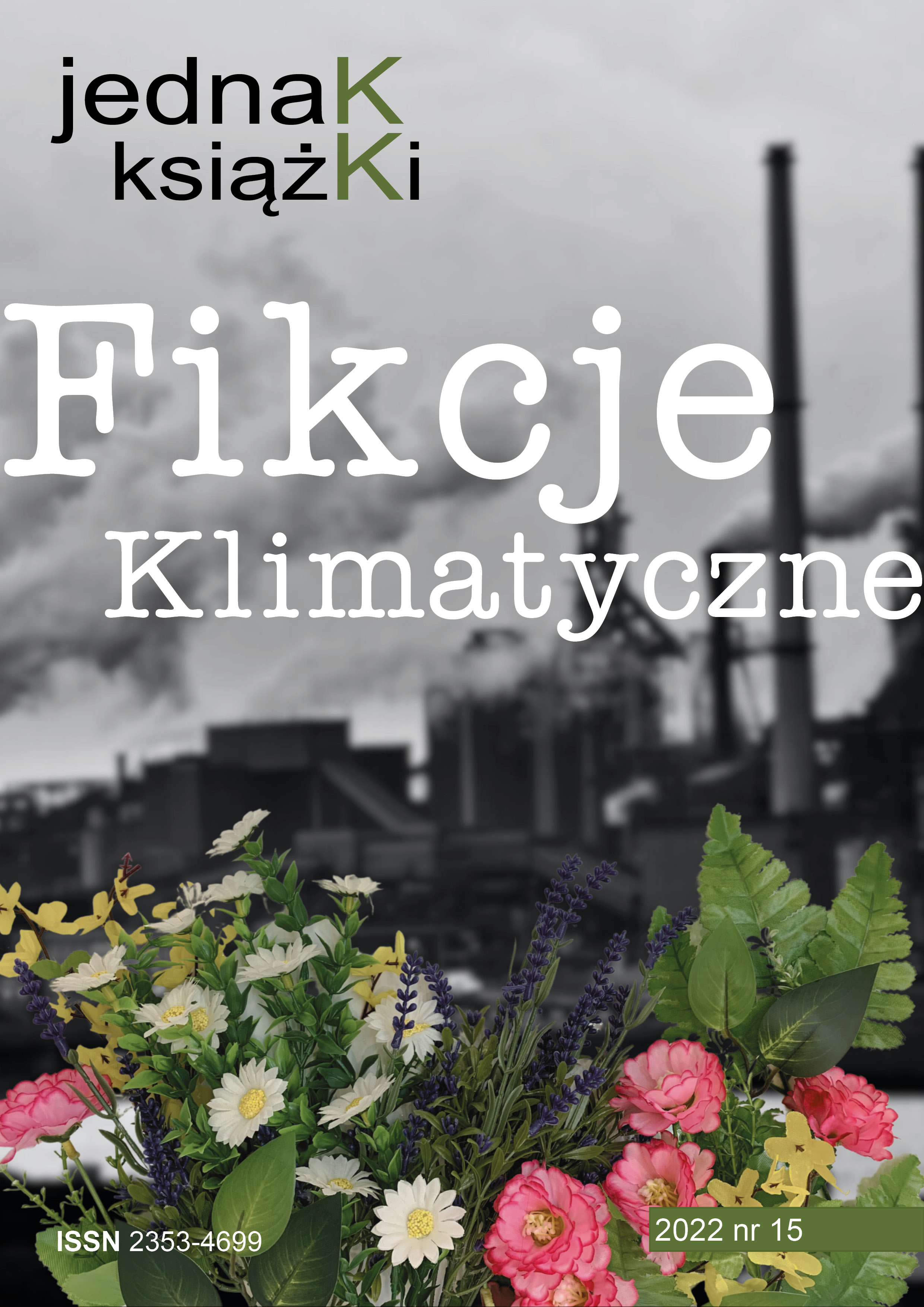Mycelium Matter(s) – Fictionalizing Human–Mushroom Relations
Mycelium Matter(s) – Fictionalizing Human–Mushroom Relations
Author(s): Vishwaveda JoshiSubject(s): Philosophy, Language and Literature Studies, Theory of Literature
Published by: Wydział Filologiczny Uniwersytetu Gdańskiego
Keywords: mushroom; climate change
Summary/Abstract: Through this paper, the author tries to explore a simple yet complex question: how do we decentralize the human presence in conversations about climate-change? To do so, this speculative climate fction is presented through the non-human narrative perspective of mycelium (fungi). The speculative fiction provides a space for re-thinking our ontological and epistemological strategies and categorizations of nature/culture division, as well as how we understand nature in relation to human.The speculative climate-fiction proposes a reconsideration of human in relation to nature/climate, through fungi. It further explores how sensory, bodily, and multimodal methodologies may work in interaction to produce new possibilities to explore the corporealities of human-nature relationships and how a non-anthropocentric understanding of climate-change can allow for an emerging engagement with a vast mesh of human and beyond-human agencies. Drawing inspiration from Sylvia Plath, Ursula K. Le Guin, Margaret Atwood, and using Erin Manning’s understanding of a5ect as having a feltness that we often experience as a becoming-with, in this case, a becoming-with nature, the speculative-fiction (SF) is written as a dialogue between fungi and human. The SF also uses artwork created with mushrooms, fungal roots, as well as mushroom extracts, to exaggerate the presence of beyond-human beings in a new onto-epistemic strategy that reconsiders climate change and human–nature relationships.
Journal: Jednak Książki. Gdańskie Czasopismo Humanistyczne
- Issue Year: 2022
- Issue No: 15
- Page Range: 64-81
- Page Count: 18
- Language: English

